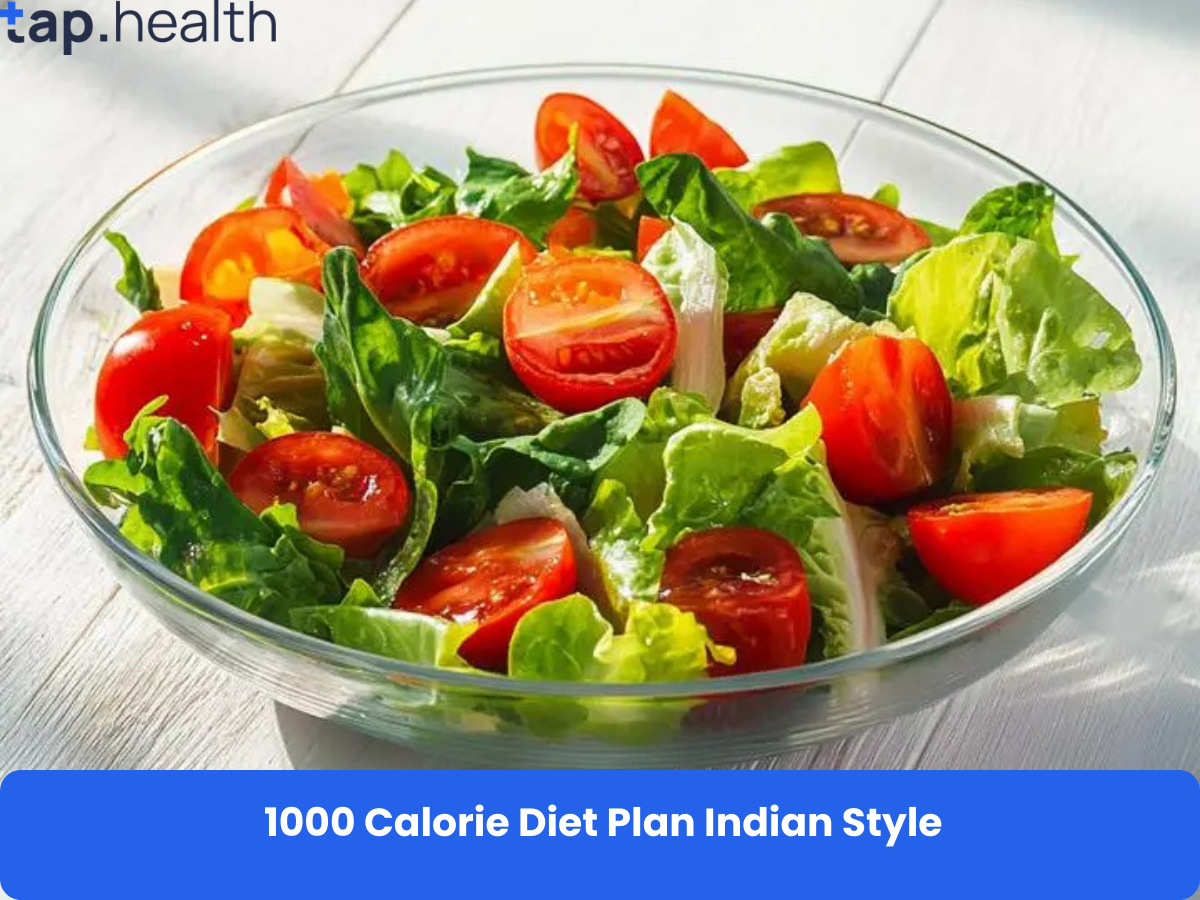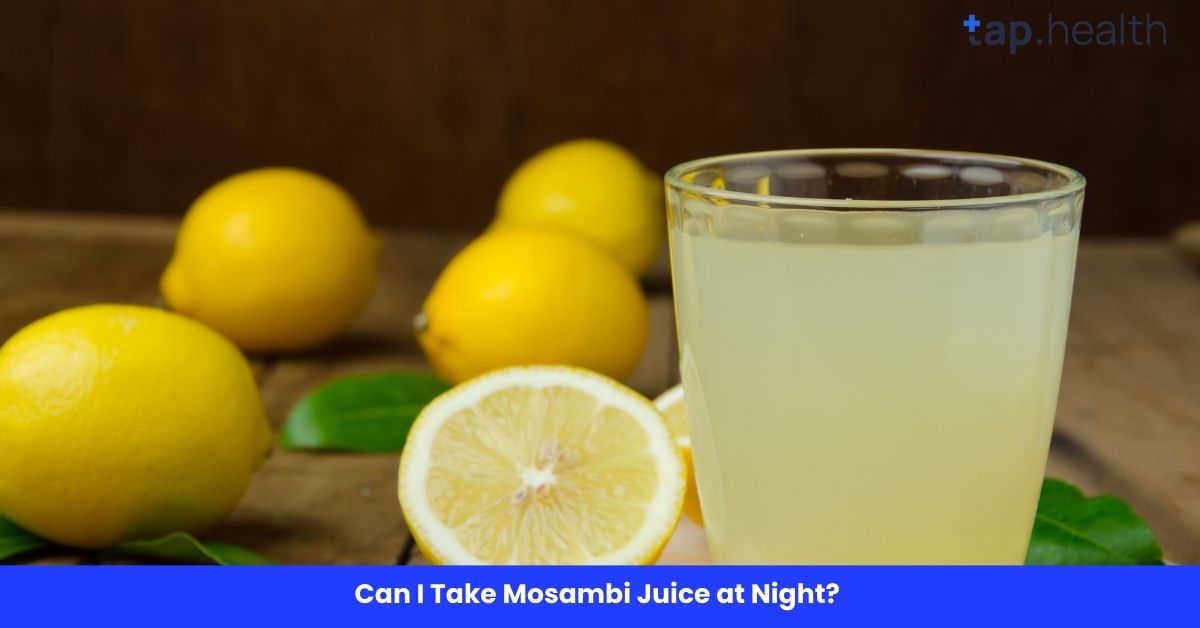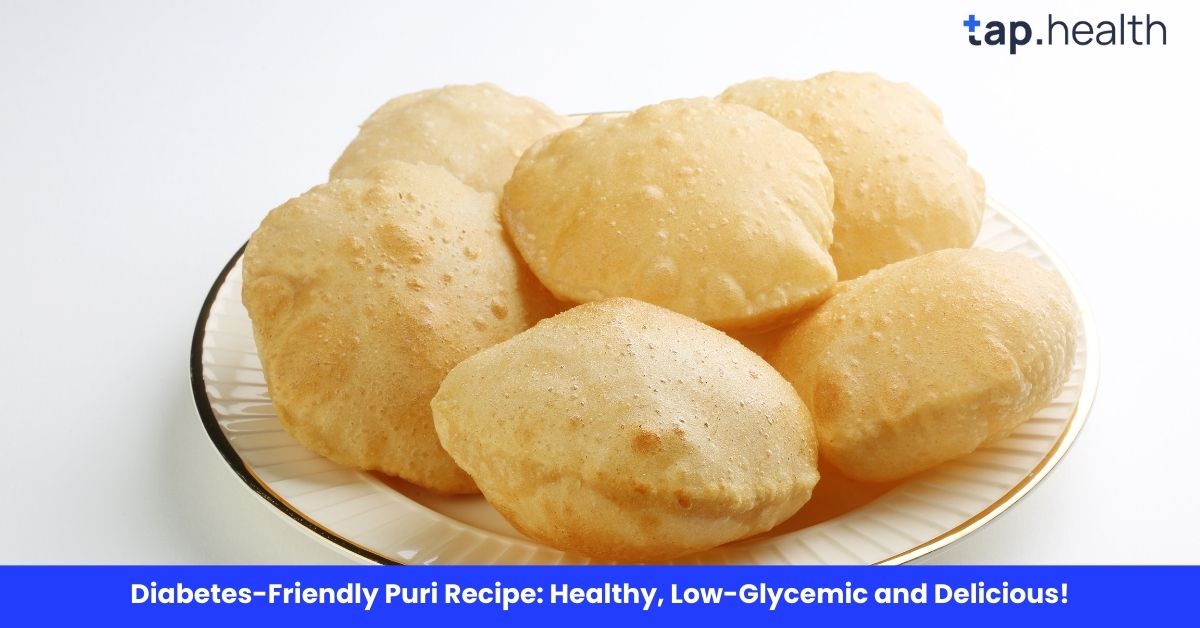Weight loss is a journey that many embark on, but choosing the right diet plan can be overwhelming, especially for beginners. One approach that has gained popularity is the 1000-calorie diet plan, which focuses on a moderate reduction in daily calorie intake to help you lose weight while still maintaining sufficient energy levels. For those following an Indian vegetarian or traditional diet, this 1000-calorie plan can be tailored to include foods you already love while promoting effective fat loss.
In this article, we will dive deeper into how the 1000-calorie Indian diet plan works, its benefits, how to get started, and all the common questions beginners might have when considering this approach.
What Is a 1000-Calorie Diet Plan?
A 1000-calorie diet plan involves reducing your daily intake to just 1000 calories, which is significantly lower than the average caloric intake most adults require to maintain their weight. Typically, an adult woman needs about 1,800-2,000 calories per day, depending on factors such as age, activity level, and health status.
By reducing calorie intake, the body is forced to enter a state of caloric deficit, leading to the burning of stored fat for energy. This is the basic mechanism of weight loss. However, it is essential to ensure that the 1000-calorie intake is nutrient-dense and supports all bodily functions.
For Indian beginners, the 1000-calorie plan should focus on whole, vegetarian foods that are rich in nutrients like protein, fiber, vitamins, and minerals, while keeping the calorie count low.
How Does a 1000-Calorie Diet Help with Fat Loss?
The core principle behind a 1000-calorie diet is to create a caloric deficit. When the body consumes fewer calories than it requires for energy, it begins breaking down fat stores to meet its energy needs. As fat is burned, fat loss occurs, and over time, you begin to see a reduction in overall body fat.
Additionally, maintaining a well-balanced diet ensures that this fat loss is sustainable without compromising muscle mass or overall health. Here’s how the diet helps:
- Fat burning: The body utilizes stored fat for energy once calorie intake is limited.
- Muscle preservation: A diet that includes adequate protein can prevent muscle breakdown, which is crucial for maintaining metabolism.
- Healthy metabolism: A moderate reduction in calories doesn’t shock the system and can keep your metabolism functioning at a healthy level.
- Improved digestion: High-fiber foods commonly included in Indian diets can promote digestion and reduce bloating, allowing the body to function optimally.
Why Choose a 1000-Calorie Diet Plan for Beginners?
The 1000-calorie diet is a suitable option for beginners because it offers a moderate reduction in calories without extreme deprivation, making it easier to follow. Beginners can ease into a calorie-restricted plan without the risk of experiencing the fatigue and frustration that come with more extreme diets like 500-calorie or 800-calorie plans.
Key reasons why beginners should choose the 1000-calorie plan:
- Gradual weight loss: A 1000-calorie plan provides steady weight loss (approximately 0.5-1 kg per week), which is sustainable and doesn’t cause excessive muscle loss.
- Easier to follow: Since the plan includes more food than extremely low-calorie diets, you’re less likely to experience hunger or fatigue, making it easier to stick to.
- Nutrient-dense foods: Indian vegetarian foods are rich in fiber, protein, vitamins, and minerals, which help keep you full and nourished throughout the day.
Key Nutrients to Focus on in a 1000-Calorie Diet Plan
When following a 1000-calorie diet, it’s crucial to include a balanced mix of macronutrients (proteins, carbohydrates, and fats) and micronutrients (vitamins and minerals). Here’s a breakdown of the key nutrients to focus on:
1. Protein
Protein helps preserve muscle mass during weight loss, and it keeps you feeling full longer. Excellent vegetarian protein sources in Indian diets include:
- Lentils (dal)
- Chickpeas (chana)
- Tofu
- Paneer
- Greek yogurt
- Quinoa
2. Fiber
Fiber aids in digestion, reduces hunger, and helps control blood sugar levels. Include fiber-rich foods such as:
- Vegetables (spinach, cauliflower, carrots)
- Fruits (apples, papayas, guavas)
- Whole grains (oats, brown rice)
- Legumes (lentils, peas, beans)
3. Healthy Fats
Incorporating healthy fats is essential for maintaining satiety and supporting overall health. Include:
- Olive oil
- Avocado
- Nuts and seeds (almonds, chia seeds, flaxseeds)
- Coconut oil (in moderation)
4. Vitamins & Minerals
Ensure you’re getting essential micronutrients like iron, calcium, and B12 by including:
- Leafy greens (for calcium and iron)
- Fruits (for vitamin C and antioxidants)
- Fortified cereals and plant-based milks (for B12 and calcium)
1000-Calorie Indian Diet Plan for Beginners
Here’s a practical, 1000-calorie Indian meal plan designed specifically for beginners. It includes traditional vegetarian foods and ensures you’re getting a balance of protein, fiber, healthy fats, and essential nutrients.
Day 1 – 1000-Calorie Meal Plan
Breakfast (250 Calories)
- 1 boiled egg (70 calories)
- 1 small apple (80 calories)
- 5-6 almonds (50 calories)
- 1 cup green tea (5 calories)
Lunch (400 Calories)
- 1 small bowl of moong dal (100 calories)
- 1 small whole wheat roti (80 calories)
- 1 small cucumber salad with lemon and black salt (50 calories)
- 1 small cup low-fat yogurt (80 calories)
- 1 teaspoon olive oil for salad dressing (40 calories)
Dinner (350 Calories)
- 1 small serving of vegetable stir-fry (spinach, beans, carrots, peas) (150 calories)
- 1 small portion of grilled paneer (150 calories)
- 1 small portion of quinoa or brown rice (100 calories)
Day 2 – 1000-Calorie Meal Plan
Breakfast (250 Calories)
- 1 small banana (90 calories)
- 1 tablespoon peanut butter (90 calories)
- 1 cup black coffee or green tea (5 calories)
Lunch (400 Calories)
- 1 small serving of chana masala (150 calories)
- 1 small whole wheat roti (80 calories)
- 1 small bowl of mixed greens salad (50 calories)
- 1 small cup of low-fat yogurt (80 calories)
Dinner (350 Calories)
- 1 small bowl of vegetable soup (100 calories)
- 1 small portion of grilled tofu (150 calories)
- 1/2 cup steamed broccoli (50 calories)
- 1 small cup of yogurt (50 calories)
Day 3 – 1000-Calorie Meal Plan
Breakfast (250 Calories)
- 1 boiled egg (70 calories)
- 1 small apple (80 calories)
- 5 almonds (50 calories)
- 1 cup herbal tea (5 calories)
Lunch (400 Calories)
- 1 small bowl of dal soup (150 calories)
- 1 small serving of brown rice (100 calories)
- 1 small side of mixed vegetables (50 calories)
- 1 teaspoon olive oil for dressing (40 calories)
Dinner (350 Calories)
- 1 serving of vegetable stir-fry (150 calories)
- 1 small portion of grilled paneer (150 calories)
- 1/2 cup of quinoa (100 calories)
Real-Life Scenario
Consider a working professional in India trying to lose weight. With a busy schedule, skipping meals is common, which can lead to overeating later. Following this structured 1000-calorie plan ensures regular meals with balanced nutrition, making it easier to maintain energy levels and prevent cravings.
Expert Contribution
Nutritionists suggest that while 1000 calories can support weight loss, it should be followed short-term and under guidance, especially for beginners. They emphasize including protein-rich foods, vegetables, and whole grains to avoid nutrient deficiencies. Experts also recommend staying hydrated and incorporating light physical activity like walking or yoga.
Recommendations Grounded in Proven Research and Facts
- Portion control is crucial: Eating small, frequent meals helps maintain metabolism.
- Protein matters: Adequate protein preserves muscle mass during calorie restriction.
- Choose whole foods: Whole grains, legumes, and vegetables provide fiber and micronutrients.
- Avoid added sugars and fried foods: These add calories without nutritional benefits.
- Track progress: Monitoring weight, hunger levels, and energy can help adjust the plan effectively.
Frequently Asked Questions (FAQs) on 1000-Calorie Indian Diet Plan for Beginners
1. How Much Weight Can I Lose on a 1000-Calorie Diet?
On a 1000-calorie diet, weight loss varies depending on factors such as age, activity level, and metabolism. Generally, beginners can expect to lose around 0.5-1 kg per week with consistent adherence to the plan.
2. Can I Follow a 1000-Calorie Diet Long-Term?
It is not recommended to follow a 1000-calorie diet long-term, as it can lead to muscle loss, nutrient deficiencies, and metabolic slowdown. This plan should ideally be followed for 2-4 weeks, after which you should transition to a more sustainable diet.
3. Can I Exercise on a 1000-Calorie Diet?
Light to moderate exercise, such as walking, yoga, or strength training, can be performed on a 1000-calorie diet. However, high-intensity workouts might be challenging due to limited energy. Ensure you stay hydrated and listen to your body.
4. Is the 1000-Calorie Diet Safe for Indian Women?
Yes, a 1000-calorie diet can be safe for Indian women when followed for short periods. It is essential to ensure the diet is well-balanced with adequate protein, fiber, and healthy fats to prevent nutrient deficiencies.
5. How Do I Maintain Weight Loss After a 1000-Calorie Diet?
To maintain weight loss, you should gradually increase calorie intake and focus on a balanced, nutrient-rich diet. Physical activity is crucial to keeping weight off in the long term. A sustainable eating plan is key to maintaining your results.
Conclusion
The 1000-calorie diet is an excellent option for Indian beginners who are looking to lose weight in a healthy, sustainable manner. By focusing on nutrient-dense foods and maintaining a moderate caloric deficit, you can achieve fat loss without compromising your health. Remember to stay hydrated, include a variety of food groups, and consult a healthcare professional if you have any concerns or underlying health conditions.
By following this 1000-calorie Indian diet plan, you’ll be on your way to achieving your weight loss goals while still enjoying the flavors of your favorite Indian foods.
References
- National Institutes of Health (NIH): Very Low-Calorie Diets (VLCD) Guidelines – Link to NIH
- Mayo Clinic: Weight loss: Calories and Portion Control – Link to Mayo Clinic
- Harvard Health: Calorie Counting Made Easy – Link to Harvard Health
- Indian Council of Medical Research (ICMR): Dietary Guidelines for Indians – Link to ICMR/NIN



